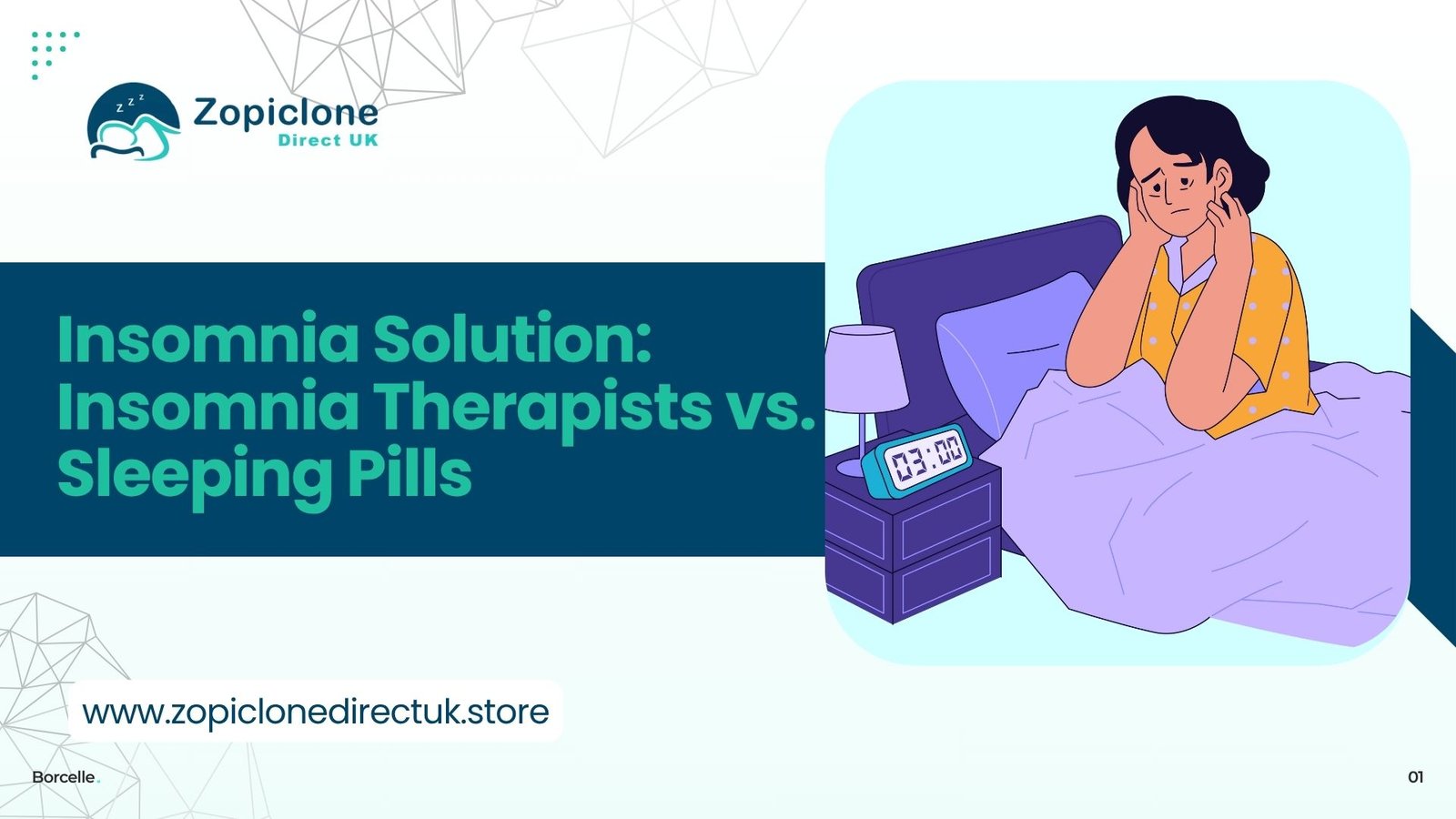Sorry, nothing in cart.
Insomnia Solution: Insomnia Therapists vs. Sleeping Pills
Introduction
There are millions of people who suffer from sleeping disorders and do not know which treatment is the best for their particular condition. Some of them are forced to take sleeping pills, that don’t deal with the root of the problem, to finally fall asleep. Some others prefer the natural way of seeking help from sleeping therapists to receive meditation and finally learn how to relax and fall asleep.
Even though medications can offer a fast and temporary relieve from insomnia, it is widely accepted that sleeping therapists are a good and permanent solution for people who have constant sleeping issues. This article wants to examine both sides of sleeping therapy and give the pros and cons of the two solutions
What is Insomnia
Insomnia is a quite frequent sleeping disorder that has as a main feature the standard and permanent difficulty to fall asleep. That happens particularly to people who have all the time and comfort to fall asleep in quiet and insulated rooms that have total darkness. Insomnia may cause discomfort, fatigue and irritability. That can have direct effects on your working capacity and physical function. Not to mention that the index of health could also severely worsen.
Types of insomnia
Here are the distinct genres of insomnia that most sleep therapists identify and treat:
- Acute insomnia: It usually lasts only for a few days. Some other people report that it can last several weeks. That type of insomnia is related to stress, routine changes and even some traumatic events that trigger post-traumatic stress reactions.
- Chronic insomnia: This is the hardest type of insomnia to deal with as it is long term. It can occur at least three times per week for three consecutive months or even longer. Chronic insomnia could be the sign of an untreated underlying illness or mental health condition and should be examined by a neurologist or any other sleep therapist.
- What type of therapy is used for insomnia?
There are the pharmaceutical therapies for insomnia using sleeping pills and the non-pharmaceutical therapies that we can examine here. One of the master therapies for sleeping disorders is Cognitive Behavioral Therapy for Insomnia (CBT-I). That is the first line treatment for chronic insomnia that comprises of six to eight sessions with a sleeping therapists. It aims to assist individuals to change their mindset and alter their thoughts and behaviors that lead to insomnia.
How Insomnia Therapists Help
These therapists help people with applying to them the Cognitive Behavioral Therapy techniques that are developed to deal with insomnia issues. The therapists can analyze the person’s sleeping habits, check the medical history, and take into account the lifestyle and undiagnosed mental health conditions. Therapists also consult people to deal with their stress levels and teach them how to remove bad thoughts from their mind when it is time to get to sleep. Only a few weeks after you start a cognitive behavioral therapy session you could see the benefits in sleeping better and having a higher quality of sleep.
Benefits for Insomnia Therapists
Insomnia therapists are easy to find and they usually do not prescribe any medications to patients. They give behavioral therapy to people who suffer from insomnia and try to find the root cause of the insomnia deep in their minds. Therapists also can teach people how to sleep well and reprogram their sleeping habits to ensure they are ready to fall asleep.
What is Sleeping Pills
Sleeping pills are most of the times referred to as hypnotics and are nothing else than psychoactive medications that are designed to make people fall asleep and deal with their insomnia problems. These pills affect specific pathways in the Central Nervous System to relent brain activity and enhance the neurotransmitters, which are relaxing the brain and ultimately place the person to the sleeping phase.

Types of Sleeping Pills
There are many common types of sleeping pills:
- Benzodiazepines like diazepam, lorazepam, temazepam, alprazolam. These pills enhance the effects of GABA neurotransmitter in the brain and relieve the person from stress to make him fall asleep fast. They are short-term solutions for insomnia since they can develop tolerance and dependence.
- Non-benzodiazepine receptor agonists like Zolpidem, Eszopiclone, Zaleplon. These drugs act to GABA receptors but a lot more selectively compared to benzodiazepines, and are a lot fast acting.
- Melatonin Receptors Agonists like Ramelteon or Tasimelteon. These drugs are equal to the effect of the melatonin which is a natural hormone that promotes sleep in the brain.
- Which Sleeping pill best for beginners
Even though sleeping pills are now a reality to resolve the problems of insomnia to many people, they are not recommended as a beginners’ therapy. However, if you like to know which sleeping pill is the best to beginners, this could be melatonin. That is because it is a natural hormone that promotes sleep without giving any side effects. It is non-addictive and has a low side-effect profile.
The Appeal of Sleeping Pills
Sleeping pills have a great appeal on people suffering from insomnia because they offer instant results without any effort or pressure. They are easy to find and purchase and their price is quite affordable. Moreover, Best sleeping pills UK have a great social acceptance and most of them are advertised on TV so that people enhance and embrace their action.
Related Blog Post : Best Zopiclone Strength? Here’s What Worked for Me
Sleeping Pills vs. Insomnia Therapists
There is a constant comparison between sleeping pills vs therapists for treating insomnia problems. Here are the pros and cons of each solution:
Sleeping pills:
Pros= Fast relief, convenient dosage scheme, short term use
Cons= Acting only for a short term, they may develop tolerance and dependence, give side effects from the Central Nervous System, Interact with other medications, Do not cure insomnia once and for all
Therapists:
Pros= they find and deal with the root of insomnia problems, they show long-term effectiveness, do not prescribe drugs, improve overall quality of life and enhance well-being, they can be used as a first line treatment for insomnia
Cons=: People need to give effort and time, there is no immediate relief from insomnia Therapists are not so widely accessible from all people.
What If You’re Already on Sleeping Pills?
If you are already on sleeping pills you can always switch to a therapist and follow cognitive behavioral therapy for treating insomnia. However, some people can use both solutions to have a sleeping pill for their acute sleeping issues and also visit a therapist to treat their long-term sleeping disorder in the most effective way. Gradually they may skip drug therapy to ensure they are totally embracing the cognitive therapy as the holistic therapy for their sleeping problems.
Leave a Reply
You must be logged in to post a comment.


Comment (1)
[…] if you still fail to fall asleep fast. But Zopiclone is the treatment of choice for short-term insomnia solution to healthy people who do not want to take any other drugs that act on their […]